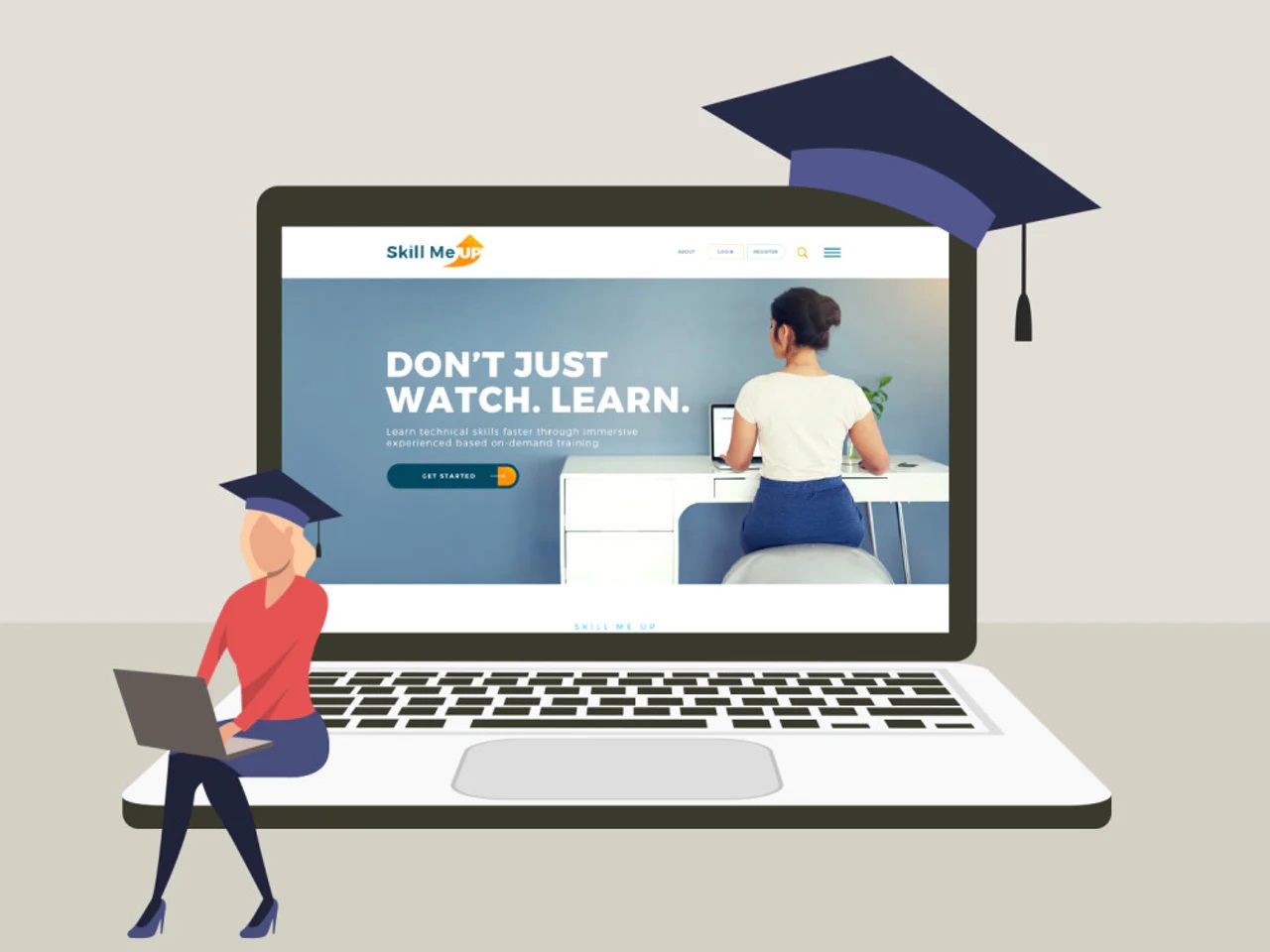FG mulls zero data charge on educational websites
Consumption of contents on educational websites without charges

The Federal Government has said it is considering pursuing a new national policy on zero data charge on educational websites.
The policy, if implemented, will allow the consumption of contents on educational websites without charges to normal data plan.
- Lockdown: Mastercard offers online STEM lectures to kids
- FG uses mobile tech to conduct school census
The policy, according to the Minister of Communications and Digital Economy, Dr Isa Ali Ibrahim Pantami while delivering his key note address at a webinar organised on Saturday by Lead Inspire Network with the theme: “Enhancing Virtual Learning and the Challenges of Internet Penetration in Nigeria”, would contain appropriate incentives for mobile network operators and internet service providers.
Speaking through National Information Technology Development Agency’s Director of Information Technology Infrastructure Solutions, Dr Usman Gambo Abdullahi, the minister agreed that sufficient access to the internet is essential for the development of an information society adding that the government is working to increase the broadband penetration from its current level.
“Currently, broadband penetration stands at 40.18 percent and the plan is to make it 70 percent by 2025. This is the target we set for ourselves in the Nigerian National Broadband Plan. This will be of great benefits to the education sector. We would focus more on enabling appropriate contents, infrastructure, capabilities for learning and teaching,” he said.
While assuring that the ministry would deepen broadband penetration through creation of access to public internet service, the minister acknowledged that agencies under his supervision such as NITDA, NCC/USPF, in line with their mandates, have made giant strides in this regard.
He stated, “We have been able to establish Digital Centres, Capacity Training Centres, e-Accessibility Centres, School Knowledge Centres, e-Libraries and ICT Hubs and Innovation Parks across the country. In just one year, we have deployed over 200 of these across the country. These centres mostly situated in rural areas are equipped with at least 25 computers, backup power supply and free internet service. In addition to providing free internet services, the centres also serve as innovation hubs and learning centres for the local community.”
The minister said NITDA had issued Framework and Guidelines for Public Internet Access to regulate most of the approaches government is considering to deepen internet penetration and bridge the digital divide.
The Executive Vice Chairman, Nigerian Communications Commission who was represented by a Director in the Commission, Dr Henry Nkemadu stated that the pandemic has shifted education to a new level that requires new paradigm.
While listing the challenges of low level of penetration to include the high cost of Right of Way, multiple taxation, operating expenses and economic downturn, he said the minister is working assiduously to reduce some of the bottlenecks.
One of the organisers of the webinar and co-founder of Lead Inspire Network Sope Afolayan said the event was put together to further the discussion on how to provide equal access to children of the ‘have’ and ‘have not’ and redirect the thinking of policy makers on the need to see acquisition of education beyond four walls of the classroom.
